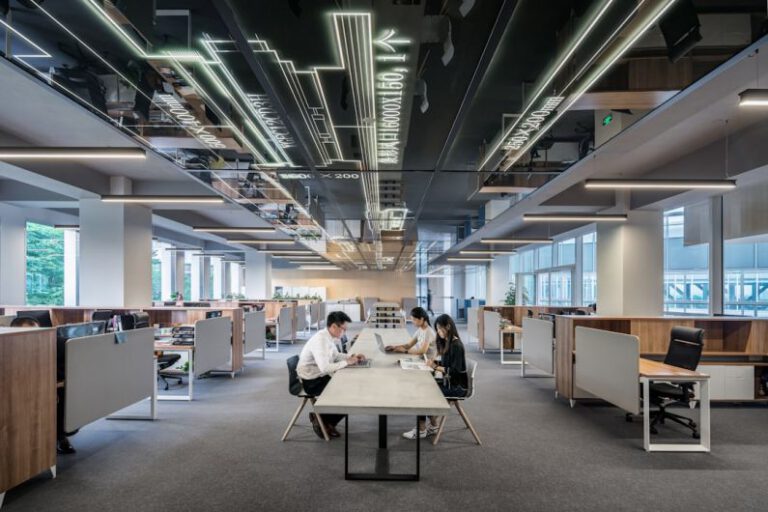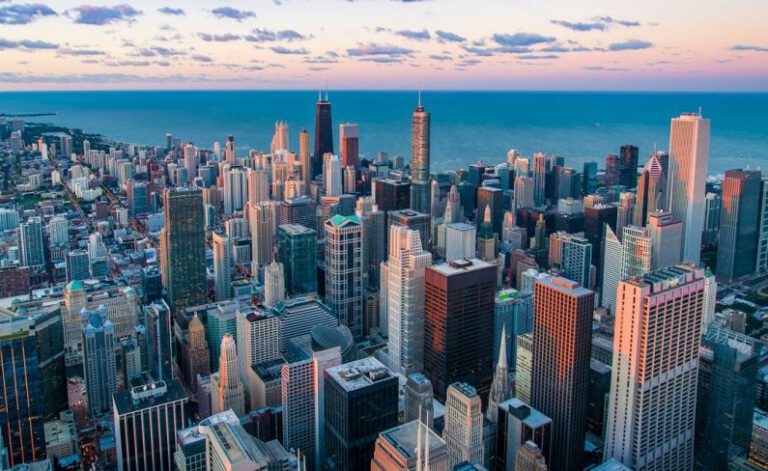Ai-managed Traffic Systems: Ending Congestion
Picture this: a city where traffic flows smoothly, and congestion is a thing of the past. This utopian vision may soon become a reality thanks to the advent of AI-managed traffic systems. By harnessing the power of artificial intelligence, cities around the world are revolutionizing their transportation networks to improve efficiency, reduce emissions, and enhance the overall quality of life for residents. In this article, we will explore how AI-managed traffic systems are transforming urban mobility and paving the way for a more sustainable future.
The Problem of Traffic Congestion
Traffic congestion is a ubiquitous problem in urban areas, leading to wasted time, increased pollution, and heightened stress levels for commuters. As populations continue to grow and urbanization accelerates, the issue of congestion is only expected to worsen unless proactive measures are taken. Traditional traffic management methods have proven to be insufficient in addressing the complexities of modern urban mobility, necessitating innovative solutions to tackle this pressing challenge.
Enter AI-managed Traffic Systems
AI-managed traffic systems represent a paradigm shift in how cities approach transportation planning and management. By leveraging advanced AI algorithms and real-time data analytics, these systems can optimize traffic flow, reduce bottlenecks, and minimize delays. One of the key advantages of AI is its ability to adapt and learn from patterns and trends, enabling it to make dynamic adjustments to traffic signals, lanes, and routes in response to changing conditions.
Dynamic Traffic Signal Control
One of the cornerstones of AI-managed traffic systems is dynamic traffic signal control. Traditional traffic signal timings are often static and predetermined, leading to inefficiencies during peak hours and unexpected disruptions. AI systems, on the other hand, can analyze traffic patterns in real-time and adjust signal timings accordingly to maximize the flow of vehicles. By synchronizing signals along key corridors and intersections, AI can significantly reduce congestion and improve overall traffic efficiency.
Predictive Traffic Modeling
Another key feature of AI-managed traffic systems is predictive traffic modeling. By analyzing historical data, weather conditions, and special events, AI can forecast traffic patterns and congestion hotspots with remarkable accuracy. This foresight allows traffic management authorities to proactively deploy resources, such as additional traffic control officers or temporary road closures, to mitigate potential bottlenecks before they escalate. By taking a proactive and data-driven approach, cities can better manage traffic flow and enhance the overall resilience of their transportation networks.
Optimized Route Planning
In addition to real-time traffic management, AI can also play a crucial role in optimizing route planning for individual drivers. Through integrated navigation systems and smartphone apps, AI can provide personalized route recommendations based on current traffic conditions, road closures, and other relevant factors. By guiding drivers to less congested routes and alternate pathways, AI can help distribute traffic more evenly across the road network, reducing overall congestion and travel times for everyone.
The Road Ahead: Towards a Smarter Future
As cities continue to grapple with the challenges of urbanization and sustainable development, AI-managed traffic systems offer a beacon of hope for a smarter and more efficient future. By harnessing the power of artificial intelligence to optimize traffic flow, predict congestion, and guide drivers along the most efficient routes, cities can create a more seamless and sustainable transportation experience for all. While the implementation of AI-managed traffic systems may require upfront investments and technological upgrades, the long-term benefits in terms of reduced congestion, improved air quality, and enhanced quality of life are well worth the effort. It is time for cities to embrace the potential of AI and pave the way towards a future where traffic congestion is nothing more than a distant memory.






